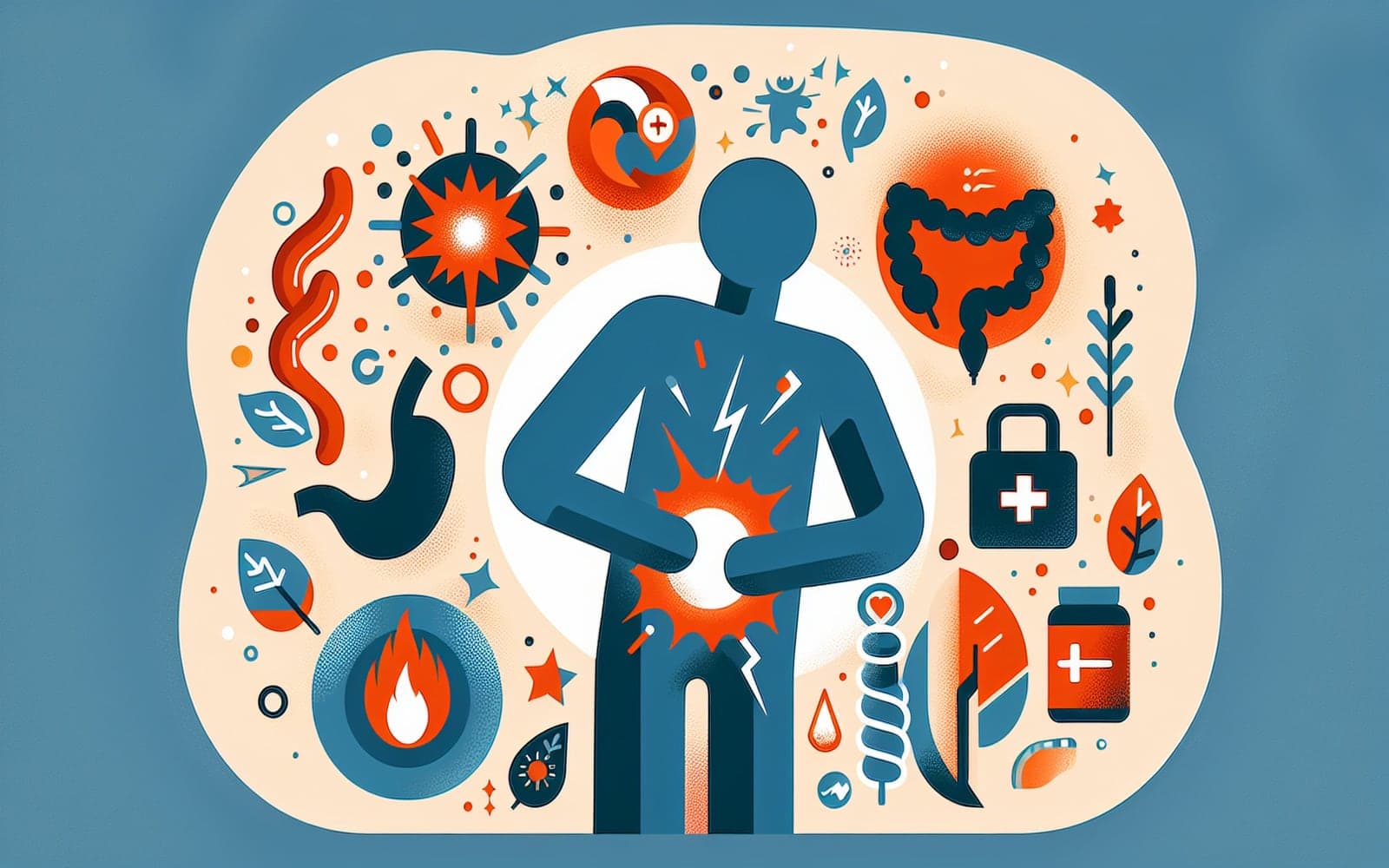What Puts You at Risk for Abdominal Pain? Find Out Here!
Published: Jun 30, 2024
Abdominal pain can strike anyone, but certain factors make it more likely. Discover what might increase your chances of experiencing it.
Contents
Common Risk Factors
Several factors can increase the likelihood of experiencing abdominal pain. Diets high in fatty or spicy foods may trigger conditions like acid reflux or gallstones. Stress is another significant factor, as it can lead to digestive issues like irritable bowel syndrome (IBS). Lifestyle habits such as smoking and excessive alcohol consumption also contribute to abdominal discomfort.
Medical Conditions That Increase Risk
Certain medical conditions predispose individuals to abdominal pain. People with a history of gastrointestinal disorders, such as Crohn's disease or ulcerative colitis, are more prone to pain. Diabetic patients may experience gastroparesis, a condition that slows digestion and causes discomfort. Chronic conditions like liver disease or kidney stones can also lead to recurrent abdominal pain.

Family History and Genetics
Genetics can play a role in abdominal pain risk. Some digestive disorders, such as celiac disease or familial Mediterranean fever, have a hereditary component. If you have a family history of these conditions, your risk may be higher. Understanding your genetic predisposition can help in early detection and management of potential issues.
Frequently Asked Questions
Yes, stress is a common trigger for digestive issues like IBS.
Yes, some conditions like celiac disease have genetic links.
Spicy and fatty foods often cause issues like acid reflux.
Yes, smoking can contribute to various abdominal issues.
Key Takeaways
Knowing your risk factors can help in preventing and managing abdominal pain.
Talk with Doctronic to better understand your risk and how to mitigate it.Related Articles
References
Ray BS, Neill CL. Abdominal Visceral Sensation in Man. Ann Surg 1947; 126:709.
Bentley FH. Observations on Visceral Pain: (1) Visceral Tenderness. Ann Surg 1948; 128:881.
Always discuss health information with your healthcare provider.

